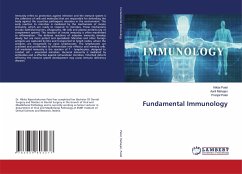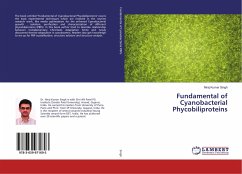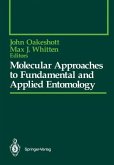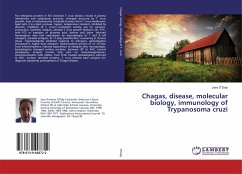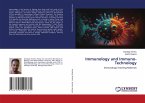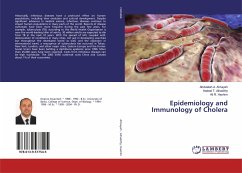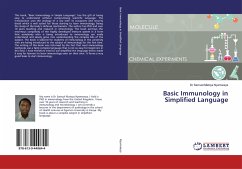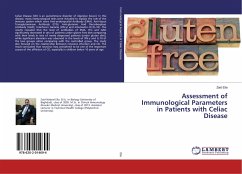Immunity refers to protection against infection and the immune system is the collection of cells and molecules that are responsible for defending the body against the countless pathogenic microbes in the environment. The early reaction to microbes is mediated by the mechanisms of innate immunity, which are ready to respond to microbes. These mechanisms include epithelial barriers, phagocytes, NK cells and plasma proteins (eg of complement system). The reaction of innate immunity is often manifested as inflammation. The defense reactions of adaptive immunity develop slowly, but are more potent and specialized. Microbes and other foreign antigens are captured by DCs and transported to lymph nodes, where the antigens are recognized by naive lymphocytes. The lymphocytes are activated and proliferated to differentiate into effector and memory cells. Cell mediated immunity is the reaction of T - lymphocytes, designed to combat cell - associated microbes. Humoral immunity is mediated byantibodies and is effective against extracellular microbes. Inherited defects affecting the immune system development may cause immune deficiency diseases.
Bitte wählen Sie Ihr Anliegen aus.
Rechnungen
Retourenschein anfordern
Bestellstatus
Storno

